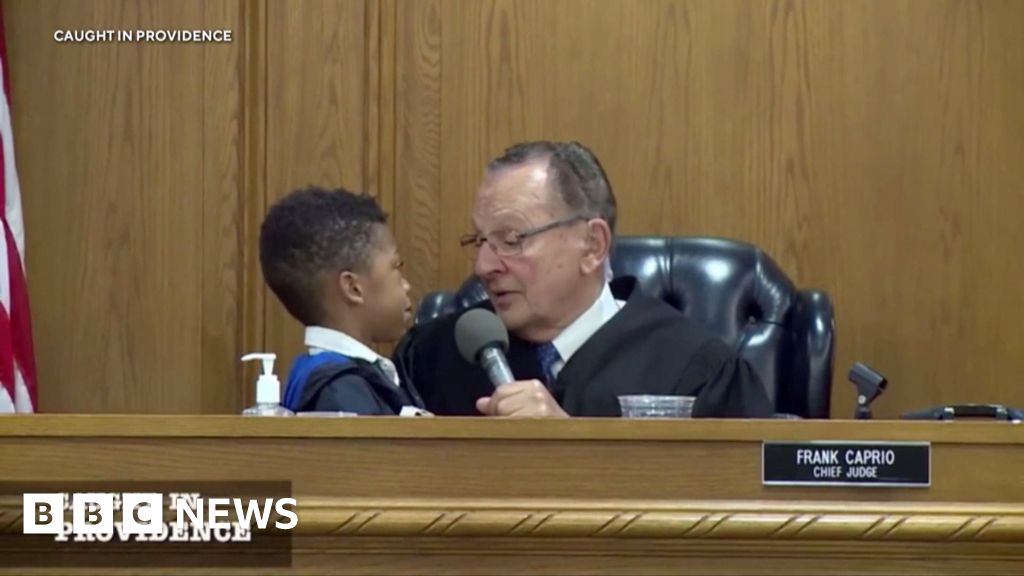ARTICLE AD BOX
A growing share of Americans say religion is gaining influence in American society, marking a notable shift in public opinion after more than a decade of steady decline.
According to a Gallup poll released Wednesday, 34% of U.S. adults believe religion is becoming more influential — up from 20% a year ago and near the highest level recorded since the COVID-19 pandemic.
While a majority (59%) still say religion’s influence is fading, that share is down sharply from 75% last spring.
The shift represents a reversal from trends Gallup has tracked over the past 15 years, during which Americans have routinely reported a decline in religion’s role in public life. Gallup has asked the question at least twice a year since 1957.
Gallup compared survey averages from May 2022 to May 2024 — when 22% said religion’s influence was growing — with more recent results from December 2024 and May 2025, which showed a rise to 34%.
Major events have often triggered spikes in these perceptions, per the study. After the Sept. 11, 2001, terrorist attacks, 71% of Americans said religion was becoming more influential — the highest level Gallup has ever recorded.
A similar, though smaller, increase occurred early in the COVID-19 pandemic, when 38% expressed that view in April 2020.
The reason for the latest rise is less obvious. Americans’ personal religious commitment has remained unchanged: 47% say religion is “very important” in their lives, the same as last year.
Some analysts point to the 2024 Republican sweep of Congress and the White House as a possible factor. Gallup noted similar movement after the GOP takeover of Congress in 1994.
By contrast, record-low levels of perceived religious influence have followed major Democratic wins, including just 16% in 2021 after Democrats gained unified control of the federal government.
Republicans showed the largest gain, with 35% now saying religion is becoming more influential — up from just 11% two years ago. Democrats rose 9 points to 41%, and independents increased 10 points to 31%.
Those changes narrowed the partisan gap significantly, from a 21-point difference to just 6.
Even among Democrats and political liberals, perception of growing religious influence is high: 43% of liberals and 41% of Democrats now hold that view, as do 40% of young adults. Older Americans (28%) and rural residents (29%) remain the least likely to say religion’s influence is rising.
Views, however, do not differ much by religious identity or church attendance.
Protestants (33%), Catholics (35%) and the religiously unaffiliated (36%) reported nearly identical views. Roughly a third of all respondents — whether they attend weekly services, go occasionally or rarely attend at all — say religion is gaining ground.
Long-term trends in American religious life still point to decline. Fewer people identify with a faith, attend religious services or belong to religious organizations than in previous decades.
Yet public perceptions, Gallup suggests, may shift based on political developments that make religion appear more prominent in public life, even if personal religiosity remains unchanged.

 2 months ago
77
2 months ago
77








 English (US) ·
English (US) ·